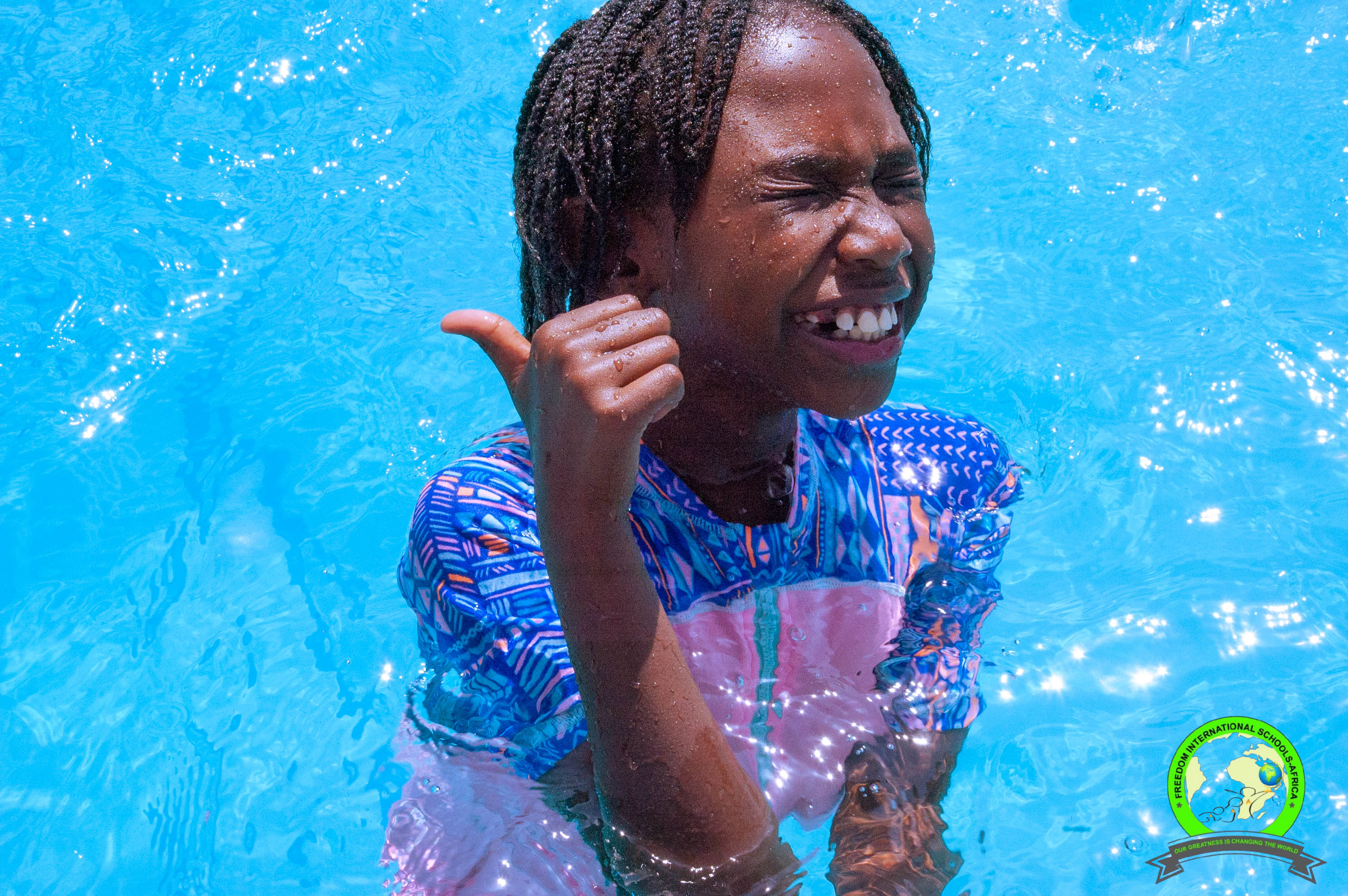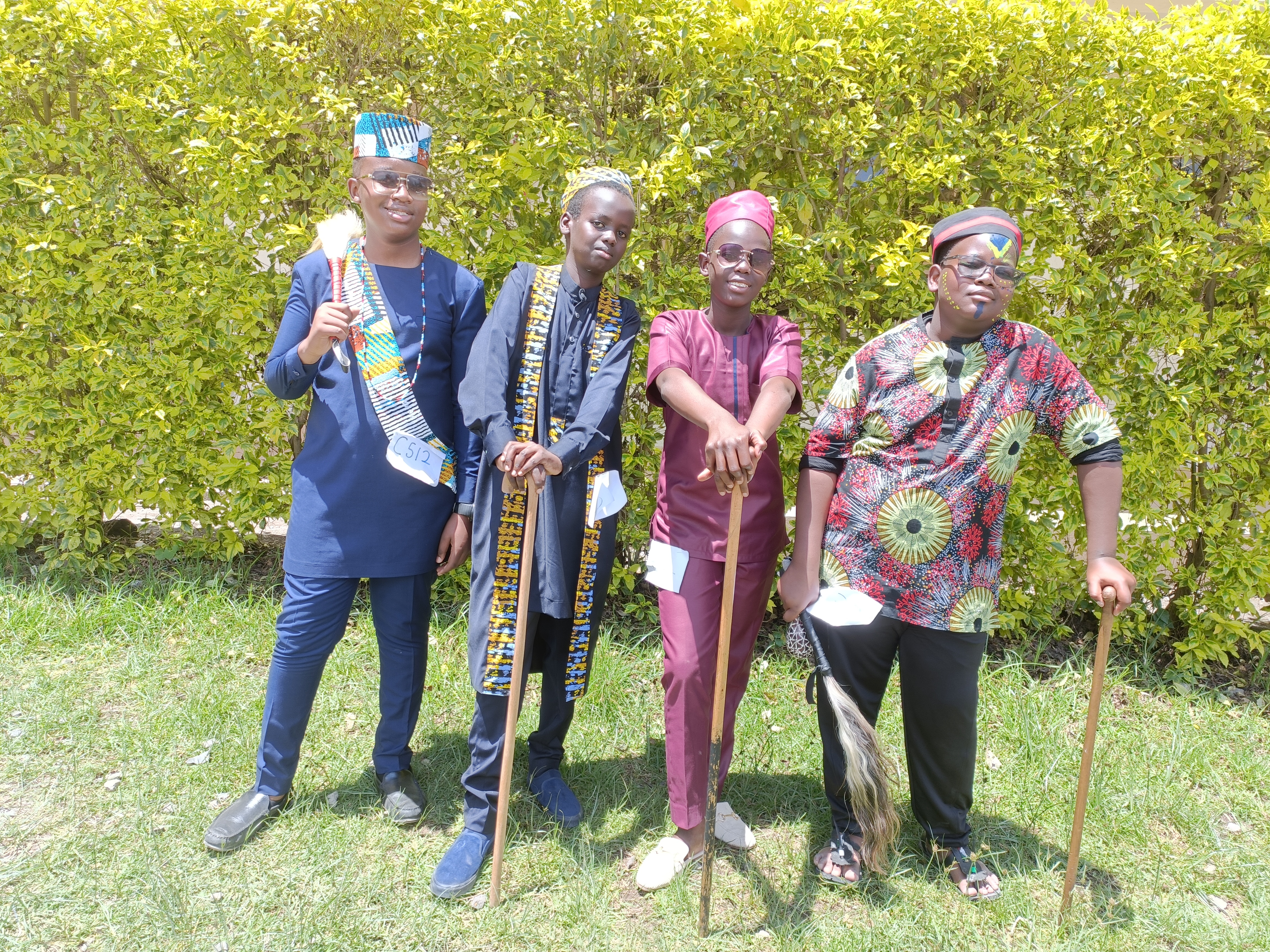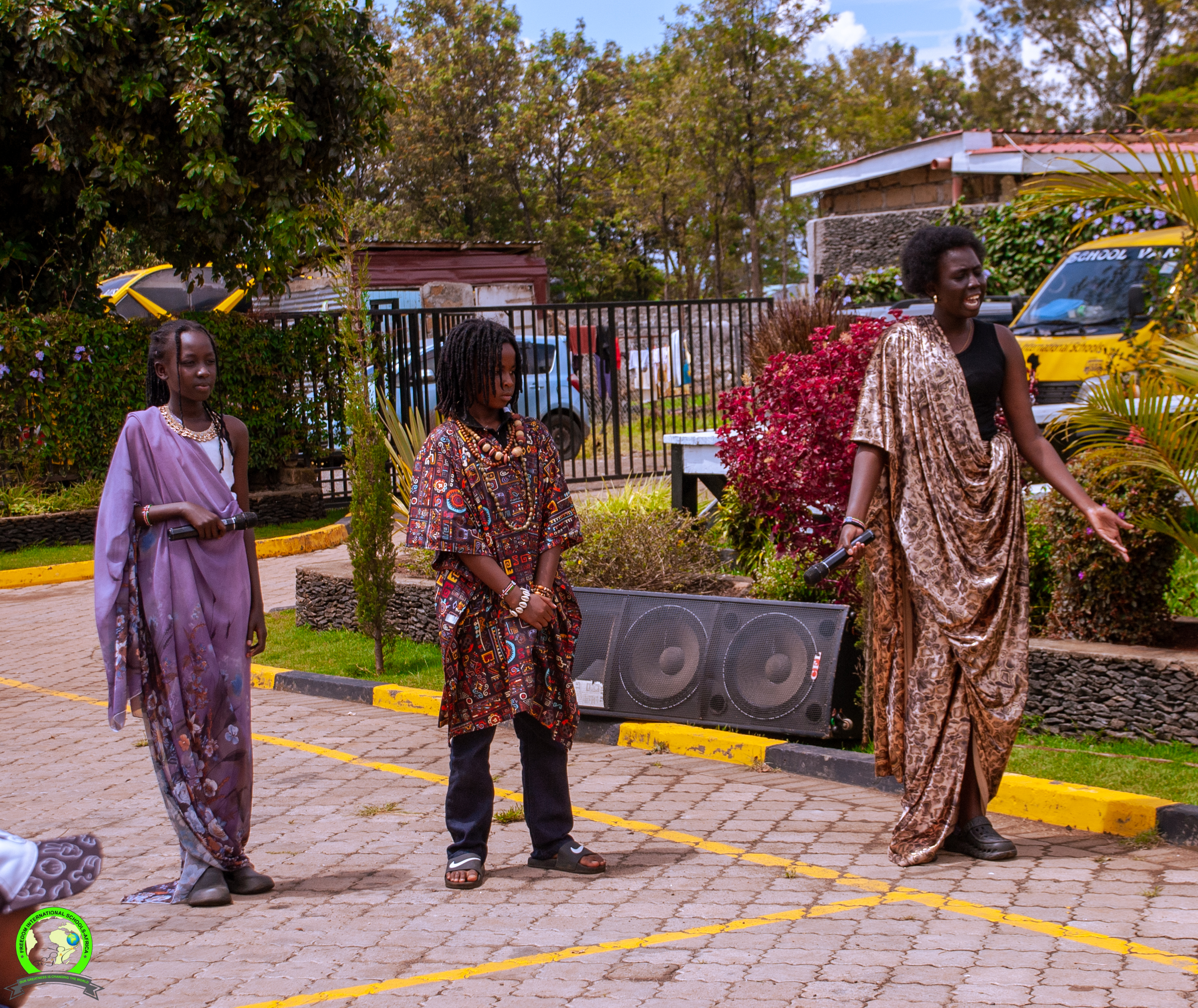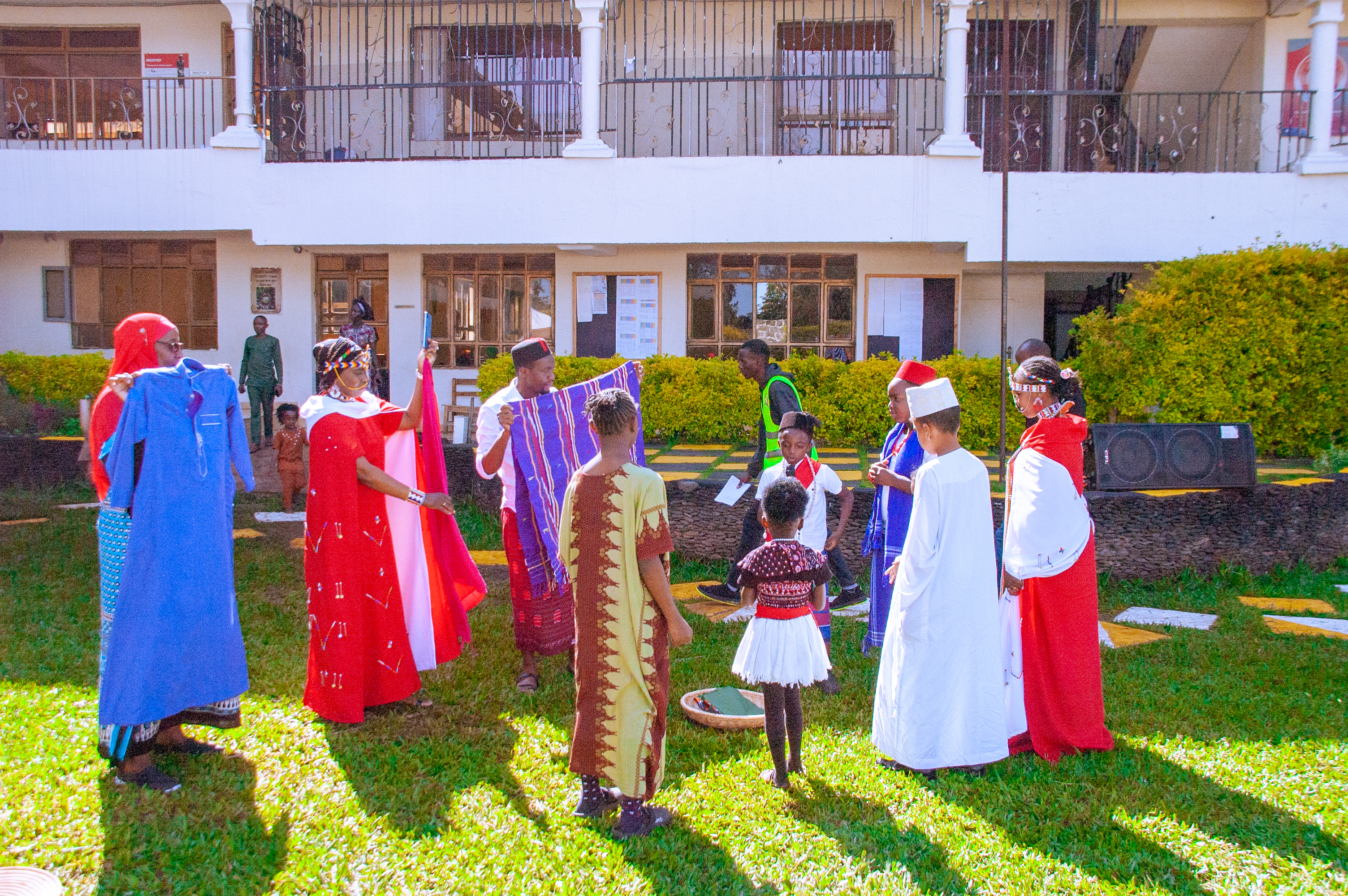From Kenya to the World: How FISA’s Afrocentric–IB Model is Redefining Global Education

For decades, the flow of educational influence has been one-directional — from North to South, West to East.
Curricula, teaching frameworks, and even the definition of “success” have largely been imported into African classrooms, often detached from local contexts and lived realities.
But a quiet shift is underway.
Africa is no longer simply a beneficiary of global education models — it’s becoming a contributor, a source of insight for how learning can become more humane, inclusive, and future-ready.
Across the continent, new schools, thinkers, and innovators are proving that when culture, identity, and creativity are placed at the center of learning, students don’t just perform better — they transform their communities.
At the heart of this change is Freedom International Schools–Africa (FISA), a pioneering institution based in Kenya whose Afrocentric education model — dubbed the FISA Legacy Project — is setting a blueprint for the world.
Africa’s Gift to Global Education

Africa’s story has always been one of ingenuity. Long before formal schooling, the continent taught through storytelling, apprenticeships, oral histories, and community dialogue — approaches that aligned seamlessly with today’s most progressive educational philosophies: experiential, inquiry-based, and collaborative learning.
Yet for much of the modern era, Africa has been seen as the receiver of educational wisdom rather than its originator. That perception is changing.
According to UNESCO’s Futures of Education Report (2022), the world’s learning systems must now move toward “co-creation, contextual relevance, and cultural renewal.” These are not new ideas for Africa — they are the very principles that have shaped the continent’s traditional systems of knowledge for centuries.
Similarly, the OECD’s Learning Compass 2030 calls for education that develops “agency, identity, and purpose” — qualities that align precisely with the Afrocentric learning philosophy.
FISA’s model represents this next chapter of Africa’s contribution to global education: one where local wisdom meets international rigor. It proves that cultural diversity is not an obstacle to excellence — it is the foundation of it.
When a child in Nakuru learns science through indigenous innovation or ethics through African folktales, that’s not just an African success story.
It’s a global education innovation — showing the world how relevance and belonging can reignite the purpose of learning everywhere.
Global Systems Are Shifting Toward Contextual Learning
Across continents, educators are realizing a truth Africa has always known: children learn best when learning feels like home.
In 2021, the OECD Learning Compass 2030 reframed global education goals to emphasize “well-being, identity, and cultural awareness” as key to lifelong learning.
Meanwhile, Harvard’s Project Zero and the UNESCO Global Education Monitoring Report both confirm that culturally responsive and context-aware learning environments significantly improve student engagement, retention, and innovation outcomes.
In essence, the world is rediscovering what African pedagogy never forgot — that education is not only about knowledge transfer; it’s about meaning-making.
Today’s global challenges — from climate adaptation to social inequality — require more than standardized skill sets. They demand empathy, creativity, and cultural intelligence.
And those are the very outcomes of contextual learning, where students see their environment not as a backdrop to theory, but as a living laboratory of ideas and solutions.
FISA’s Afrocentric Teacher Training Toolkit exemplifies this shift. By blending indigenous African knowledge systems with IB inquiry-based learning, it creates classrooms that are both locally grounded and globally fluent — a model that can inspire schools from São Paulo to Seoul, Toronto to Tokyo.
“When education finds its roots, it finally learns to grow.”
FISA’s Unique Approach — The Afrocentric–IB Fusion

At the heart of Freedom International Schools–Africa (FISA) lies a radical yet simple belief: global excellence does not require abandoning local identity.
The Afrocentric–IB fusion model proves that cultural depth and academic rigor can coexist — beautifully.
It aligns with the International Baccalaureate’s (IB) inquiry-based framework, which encourages curiosity, reflection, and global citizenship, while grounding every lesson in the rich soil of African heritage.
A FISA classroom might analyze global sustainability goals through indigenous farming practices or discuss ethics through African philosophies like Ubuntu — “I am because we are.”
Here, identity is not an add-on; it is the lens through which students explore science, art, and social change.
This is education that speaks both to the world and from the world.
It shows that the classroom of the future isn’t one that looks outward for validation — it’s one that looks inward for wisdom.
“It’s not about teaching Africa to the world — it’s about teaching the world to learn from Africa.”
Lessons the World Can Adopt from Our African Classrooms
The FISA model doesn’t just work in Kenya — it offers a framework that can humanize education everywhere.
Its lessons can be adapted in Tokyo or Toronto, Lagos or Lima — because they reflect universal truths about how people learn best: through meaning, belonging, and story.
🌍 1. Language Inclusion
Research from UNESCO shows that children learn faster and retain more when taught in their mother tongue.
FISA embraces this principle by promoting multilingual fluency — learners study in English, Kiswahili, and 2 additional African languages.
This linguistic confidence builds bridges across cultures and boosts cognitive flexibility — skills the 21st century demands.
📚 2. Storytelling as a Bridge to Leadership
In many African societies, wisdom has always traveled through stories.
FISA revives this by using folktales, oral histories, and proverbs to teach empathy, ethics, and creativity.
When learners interpret an Anansi tale or analyze the moral of a Kikuyu legend, they are not just decoding language — they are practicing leadership and perspective-taking.
🤝 3. Ethical and Community-Based Learning
FISA’s civic education doesn’t begin with textbooks but with real-world African governance systems: barazas in Kenya, Gacaca courts in Rwanda, and traditional councils across West Africa.
These examples demonstrate fairness, collaboration, and justice — not as imported ideals, but as lived African realities.
They embody the principles of UN SDG4 (Quality Education) and SDG16 (Peace, Justice, and Strong Institutions) by teaching learners to value integrity and community responsibility.
🌱 4. Learning Through Environment and Heritage
From studying architecture through the geometry of Great Zimbabwe to exploring ecology through traditional herbal medicine, FISA reminds students that innovation doesn’t erase history — it extends it.
When culture meets science, creativity becomes boundless.
In every way, this is intercultural learning in action — turning classrooms into spaces where global understanding grows from local wisdom.
“Education that forgets context produces compliance.
Education that honors context produces creators.”
The FISA Legacy Toolkit — Open Access for Teachers Everywhere
To make this approach replicable, FISA is building the FISA Legacy Teacher Training Toolkit — a comprehensive resource that distills years of practice, data, and innovation into a framework any teacher or school can adapt.
This open-access (OER) toolkit will include:
-
Practical curriculum frameworks for embedding cultural relevance in lessons aligned with IB and SDG standards.
-
Digital learning modules with short, interactive training for educators.
-
A cultural content repository — stories, case studies, and innovations verified by African educators and researchers.
-
Evaluation tools to measure engagement, belonging, and academic growth.
It’s designed to be affordable, adaptable, and accessible, ensuring that educators everywhere — from Nairobi to New Delhi — can localize learning without sacrificing global quality.
This is not just a Kenyan story.
It’s a global education blueprint, built from Africa’s experience but written for the world’s classrooms.
Support the Model That’s Changing How the World Learns

The next chapter of education won’t be written in one language, one country, or one ideology.
It will be written by teachers and learners who understand that culture is not a barrier to progress — it is the bridge to it.
FISA’s Afrocentric–IB model is ready to share that bridge with the world.
Through the FISA Legacy Project, educators and institutions can join this movement to restore identity to learning and meaning to education.
💚 Partner. Invest. Donate. Share.
Be part of the transformation that’s proving to the world — education rooted in culture is education ready for the future.
“Support the model that’s changing how the world learns.”
Visit the FISA Legacy Project ➜


